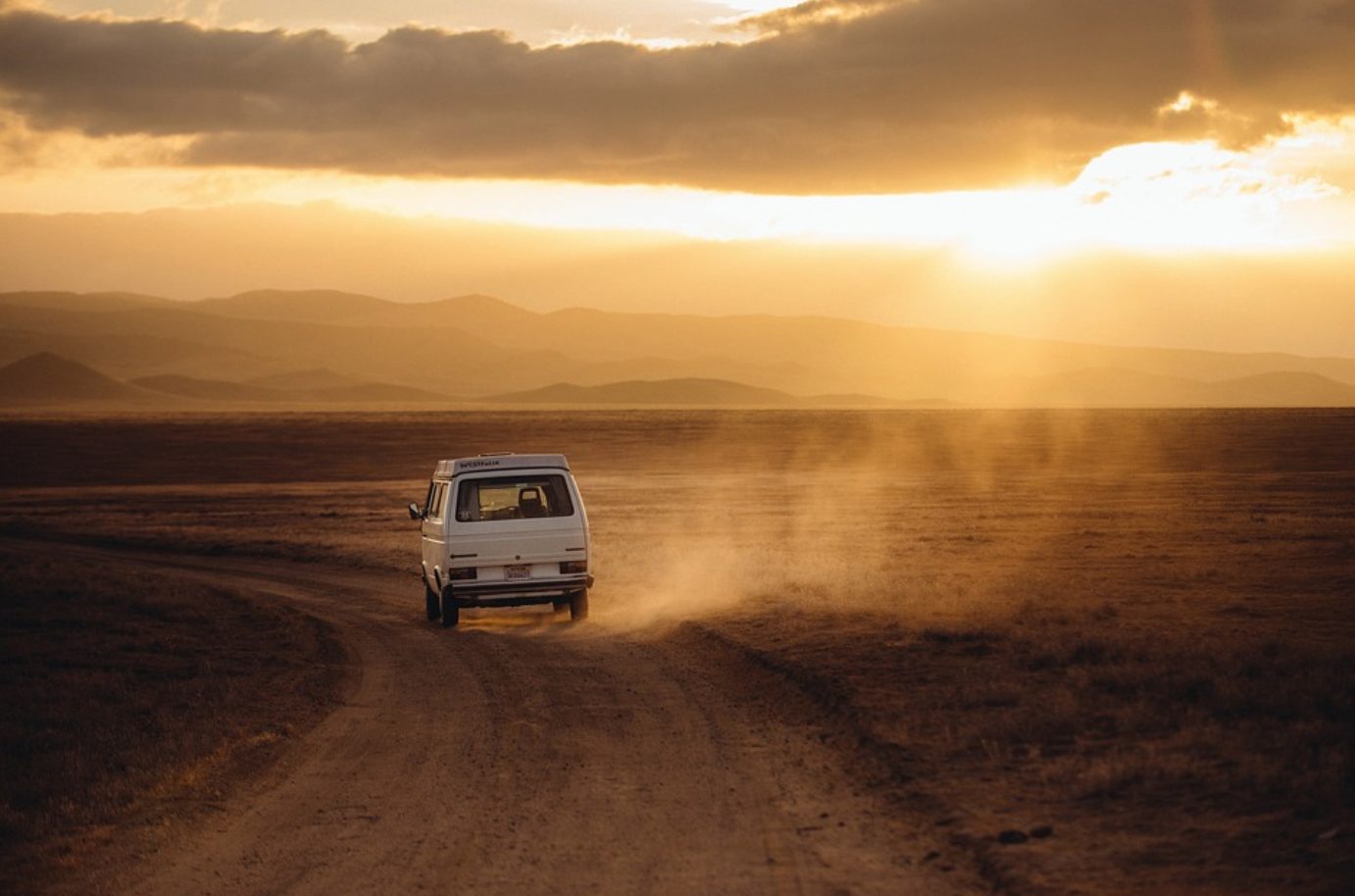One of the reasons COVID-19 has spread so quickly around the world is because people think they are invincible and have an “it won’t happen to me” mentality. Don’t be that person.
The colder months are behind us, and it’s time we started enjoying the warm weather again – but rather than the threat of sunburn being the biggest problem we face, 2021 is a little different. These days, there’s something much bigger we need to be concerned with – and that’s becoming a COVID-19 pandemic statistic.
If you’re one of the lucky ones who have not been touched by the coronavirus yet, the idea of traveling might bring up more than excitement. It may also create a sense of anxiety and fear. Where do you go? How long? And most importantly, how do you get there?
The safest mode
If you’re wondering what the safest and most efficient way to travel is in 2021, you might be surprised. Travel by road has always been a relatively dangerous mode of travel compared to others, with the odds of dying in a car crash at 1 in 102 chances, compared to a plane crash at 1 in 205,552. But things are different now, and in 2021, we have another significant problem on our hands that we need to watch out for – COVID-19.
In fact, according to a recent study by Dr. Arnold Barnett, a professor of Statistics at the Massachusetts Institute of Technology,travel by car is now considered to be the safest option for travel, thanks to the pandemic. This was based on the risk that contracting COVID-19 from other passengers on a plane or train is much higher than the risk of catching the disease in a car. And you can even go one better.
A camper van will not only keep you and your loved ones away from other travelers while moving between destinations, it also plays a part once you get there. No hotels necessary means you’re not sharing beds or bathrooms that may not have been cleaned properly.
At campsites, you can stick to the comfort of your own shower and toilet, avoiding public bathrooms. And rather than sitting at busy restaurants and cafes for your meals, you can simply head through the drive-through and take it back to your campsite to enjoy in the comfort of your van.
Traveling COVID-safe
Though traveling via camper or car is better for your health, you still need to make sure you travel with COVID-19 in mind. Even if you’re traveling by road and doing everything right to avoid others, it doesn’t mean the people who are staying beside you are taking the right precautions. Everyone wants to have a great holiday, but don’t do it at the risk of others.

To start with, don’t take coronavirus on holidays with you. If you’ve been feeling a little worse for wear lately, or someone in your travel group has had a nasty cough, temperatures, or generally not feeling well – get tested before you leave home. One of the reasons COVID-19 has spread so quickly around the world is because people think they are invincible and have an “it won’t happen to me” mentality. Don’t be that person.
Be prepared. That means making sure you pack plenty of masks, disinfectant wipes, and hand sanitizer. As mentioned, just because you’re doing everything right doesn’t mean the people beside you are doing the same. So, it’s better to be prepared for anything. Whenever you’re in a public place, if you touch anything, use your sanitizer straight after. Wash your hands for at least 20 seconds with soap, and make sure you don’t touch your face.
Keep your distance. Remember, you need to stay at least 1.5-2 meters away from people who aren’t related to you, or traveling with you, so keep that in mind if you’re in line waiting for petrol, ordering food, or even checking into camping grounds. Wear your mask at all times when you’re around people you don’t know and steer clear of them.
Most importantly, make sure you check and understand any restrictions in the area where you’re traveling. Every country, state, and even many cities have their own restrictions in place – and often, there are hefty fines if you disobey those local laws. Check with the local government sites for the places you’re traveling to.
By following these steps, you’re bound to have a fantastic holiday that keeps you safe, both on and off the road.


Join the conversation!